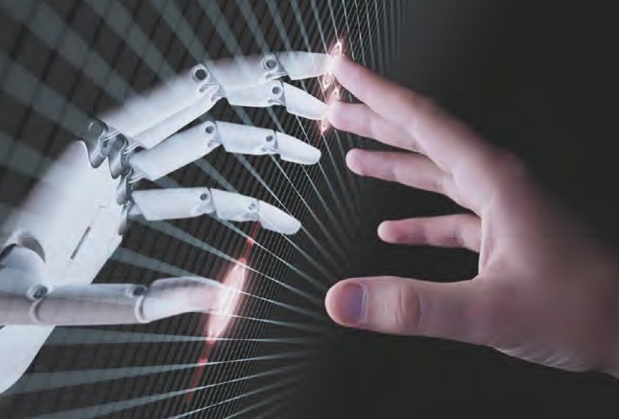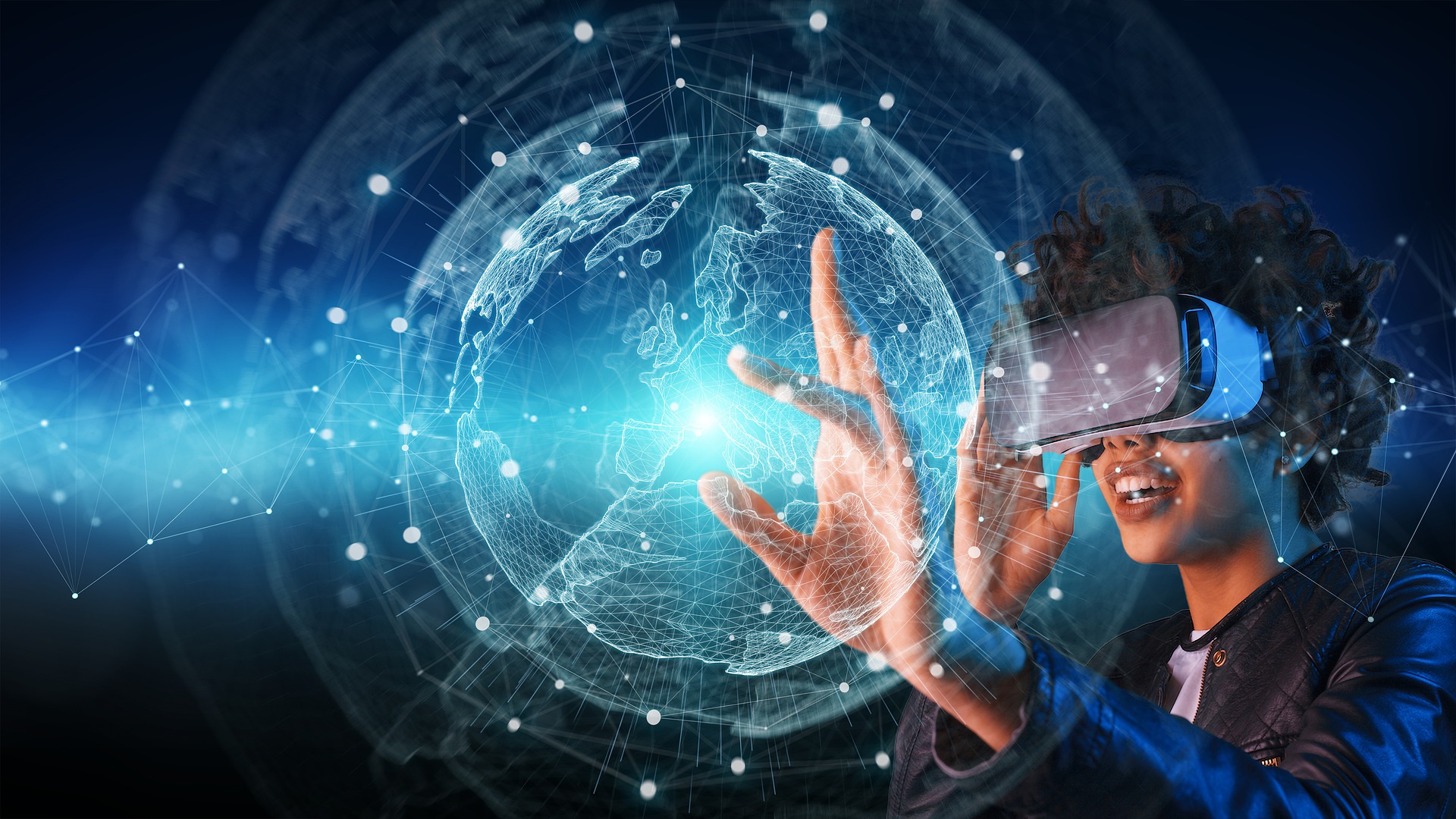
Call for Papers on the Humane Metaverse
Opportunities and Challenges Towards the Development of a Humane-Centered Metaverse

The metaverse, often identified as the successor to the Internet, is upon us. The word Metaverse is a compound word combining two concepts: Meta (Greek prefix meaning post, after or beyond) and universe. In other words, the Metaverse is a post-reality universe of multiuser environments, bridging the connectivity of social media with the unique affordances of Virtual Reality (VR) and Augmented Reality (AR) immersive technologies, thus merging physical and virtual reality. Populating the metaverse will be people, who will enter via VR headset or AR glasses and embody realistic avatars to meet other people, work, take training courses, shop, go to concerts and participate in many other activities.
From a psychological point of view, the experience in the metaverse is characterized by the sense of presence, which combines "the perceptual illusion of non-mediation", i.e. the feeling of being in a place without perceiving the technology that generated it, with the perception of being in the space in which we are able to carry out our intentions. In this sense, the analysis of the simulative processes offered by virtual reality offer us fertile ground for understanding experience in the Metaverse. Let's start from the assumption that the perception of our body in physical reality is in itself the result of a simulation: it arises from the interaction of the representation of our body and that of a peripersonal space, understood in the first case as a simulated model, generated by the multisensory integration of body signals and the second by the expectations with respect to objects in space. In particular, virtual reality shares with the functioning of our brain the mechanism of "embodied simulations"; the brain creates such a simulation of its own body in the world in order to represent and predict actions, concepts and emotions. Similarly, experience in virtual space attempts to predict the sensory consequences of a subject's movements, providing him or her with as realistic a setting as possible of what he or she would see in the real world. Thanks to the ability of virtual reality to predict the simulative mechanisms of the human mind, we are able to distinguish between us and each other and generate credible social interactions even within a social VR.
This complex scenario needs to be understood in terms of both the psychological processes involved and the potential applications. On the one hand, there are enormous opportunities, for example in the areas of health and well-being and learning. Embodied experiences as avatars in virtual reality spaces can have profound psychological impact on human behavior and transfer to the physical world. For example, our digital twin can be monitored and treated at a distance in telemedicine, rehabilitation and psychotherapy processes, and can also be stimulated to engage in physical activity or develop soft skills. Furthermore, synchronously meeting other avatars in virtual space and recognizing that there are people behind them, is the basis of the social presence experience, that is essential for education and the construction of virtual communities of practice. Thus, the Metaverse can enable rich hybrid formal and informal active learning experiences on virtual campuses where students can have the possibility to live first-hand experiences that would not be possible in the real world, simultaneously promoting their motivation, engagement and social connectivity. On the other hand, we cannot underestimate the risks associated with massive adoption of these technologies. The possibility of embodying a body that can be modified at will may exacerbate issues related to the misperception of one's body, body dissatisfaction and related behaviors. In addition, on the psycho-social level, there is the risk of living in the Metaverse as a refuge from a real life or as a place of comfort to retreat to, thus increasing the already rampant phenomenon of social withdrawal.
The different trajectories that the opportunities and risks of the Metaverse can draw need to be studied in light of individual differences, considering the cognitive, affective, and social processes involved at different stages of development, and the specific purposes people intend to pursue in virtual worlds.
This special issue intends to bring together researchers to report their latest research and reviews with specific implications for the understanding of the opportunities and risks of the Metaverse.
Topics include, but are not limited, to:
- identity and embodiment in VR and their implication for the Metaverse,
- presence and social presence in the Metaverse,
- simulative processes and opportunities for the Metaverse,
- the use of the Metaverse for health and well-being interventions,
- learning experiences in the Metaverse;
- comparison of psycho-social processes influenced by the use of traditional social media and the Metaverse.
Deadlines:
Abstract proposals (Up to 500 words, to be sent to Guest Editor Daniela Villani): 31 August 2022
Abstract approval: end of September 2022
Full papers: 31 December 2022
Expected Publication: Summer 2023
Read more
-
 Artificial Intelligence and the future of healthcare
Artificial Intelligence and the future of healthcare -
 Call for Papers on the Humane Metaverse
Call for Papers on the Humane Metaverse -
 The conference of Università Cattolica on the human side of digital technologies
The conference of Università Cattolica on the human side of digital technologies